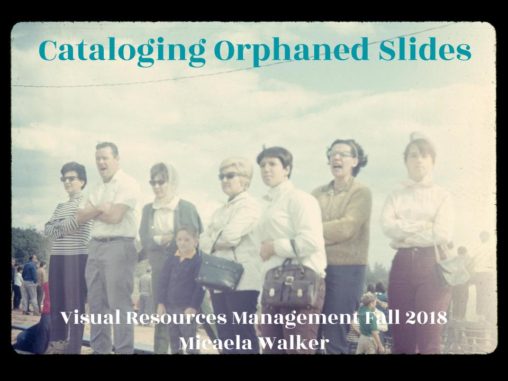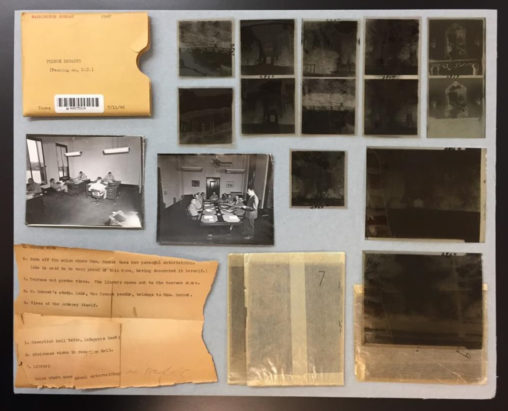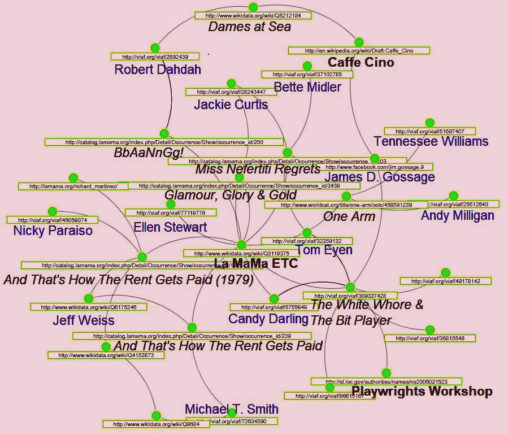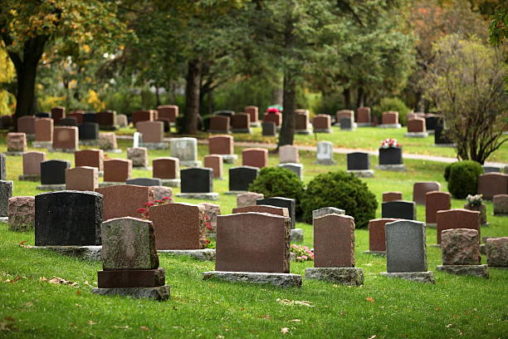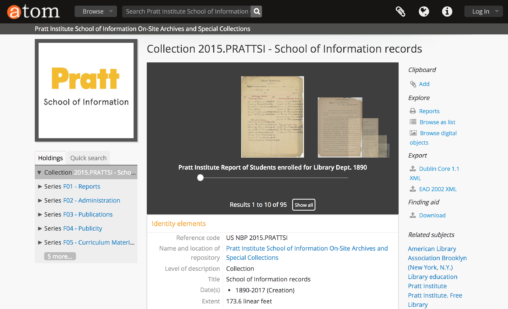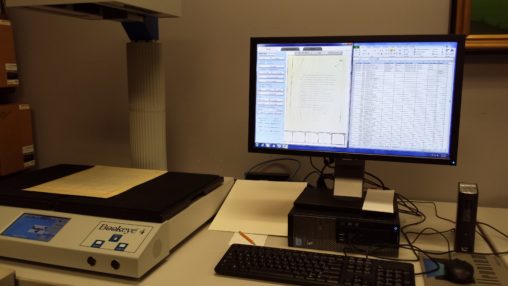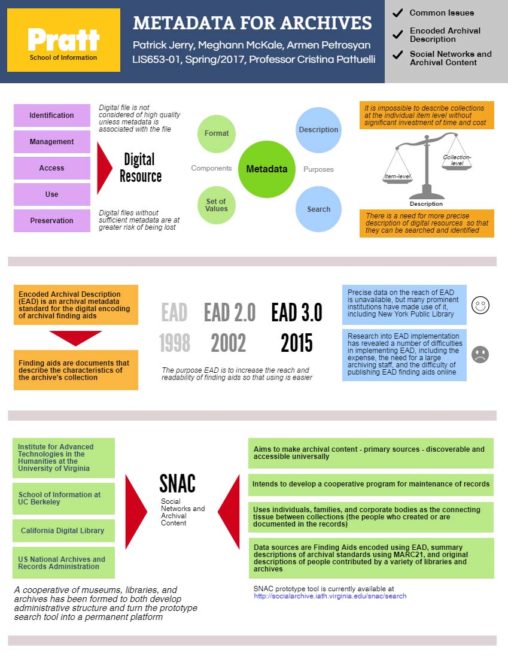Tag: archivesPage 2 of 5
Homemaking: Modern Architecture and Decorative Crafts from the Bill Maris and Julie Semel Collection
This exhibition contains images by Bill Maris and Julie Semel, architectural and design photographers. During the 1970s and 1980s, architectural firms and magazines regularly commissioned their work. “Homemaking” compares their creative output, highlighting the spectrum of modern homes and the ornamentation that defined domesticity in the late 20th-century.
This paper will discuss governments as sources of evidence and how they can be used to conceal human rights abuses and perpetuate state-sponsored narratives of truth. Using the British Empire’s systematic imprisonment and abuse of the Mau Mau in Kenya as a case study, I will consider the ways in which colonial governments have favored certain types of records and organizational structures over others to avoid accountability, maintain idealized narratives of nation and empire, and suppress and erase histories of subjugated cultures.
In this paper, I discuss the history of copyright’s development, highlighting the steady increase in control of copyright holders as well as explaining the limited protections extended to libraries and archives. I use several case studies to illustrate the role of risk management and its uneven success in the digitization of library and archival resources. Finally, I propose several alternative ways of addressing the challenge that copyright poses, including the suggestion that judicial lawmaking would be an effective way to clarify the applicability of the fair use doctrine.
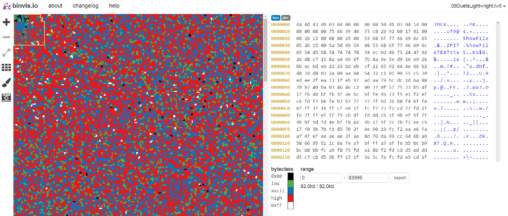
As the Pratt Digital Preservation & Archives Fellow at NYPL, I’ve been working with the Library’s Digital Archivist to address issues surrounding software preservation. This presentation will discuss such digital preservation tools as Wikidata, PRONOM, and Archivematica—and how they’ve been implemented toward the long-term preservation of a proprietary software and its associated file formats.
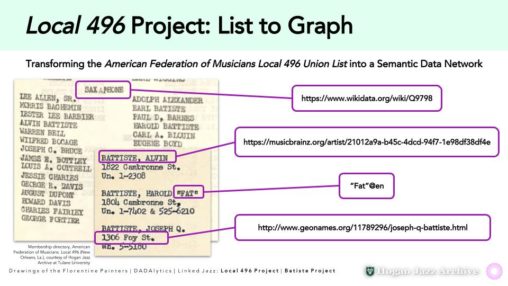
The Local 496 Project transforms the American Federation of Music’s Local 496 union list into a semantic data network. This document is a 1940’s directory of the segregated African-American chapter of New Orleans jazz musicians. This project will highlight the Batiste family network, many of whom are listed in the directory.
In 2017, National Archives and Records Administration (NARA) approved Immigration Customs Enforcement (ICE)’s request to destroy records of in-custody deaths, assaults, and misconduct in timelines that range from 3-20 years. This project explores the history of ICE’s recordkeeping practices and examine NARA’s justification for this appraisal.
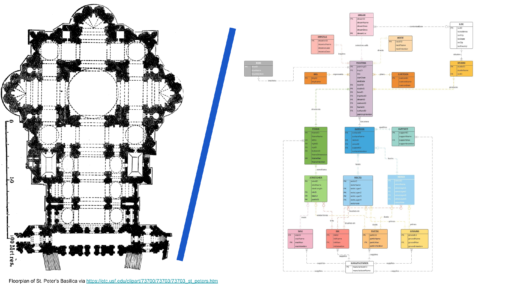
The Database Development and Design course culminated in the design and implementation of a relational database of my own invention. Branching off my interest in the intersection of studio practice and information science, I realized a relational database that would serve the painting practice of my art studio. The project was approached in three phases including modeling, implementation, and querying.
In this second part of the two-part presentation, students from Projects in Digital Archives will introduce some of the technical aspects involved in digitizing the photographs of George Tames (New York Times Whitehouse photographer), including technical issues related to digitization, metadata, technology and design of the digital archive.
Kevina Tidwell and Meg Edison will introduce a photography digitization project taken place at Pratt this semester in collaboration with the New York Times: the photographs of George Tames. George Tames is known as the “Photographer of Presidents.” He covered Washington, DC, as a news photographer for the New York Times from 1945 to 1985, photographing 10 United States presidents as well as many members of Congress and foreign leaders such as Winston Churchill and Nikita Kruschev. Tidwell will provide introduce the collection and provide historical background and context.
The difficulty of archiving architectural records stems from their wide variation in content, users, and application. The broad range of insight they can provide is needed by a varied audience, thus it is important to discuss methods of archival standardization to better preserve and provide this exponentially growing resource.
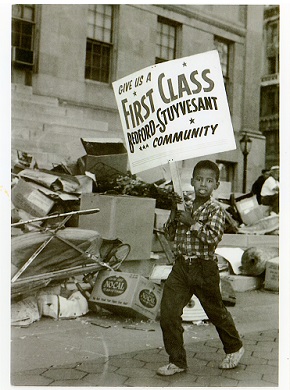
Projects in Digital Archives students present on a collaborative project with the Brooklyn Public Library to digitize audio interviews from the Civil Rights in Brooklyn Project. The interviews include interviews with notable civil rights activists from the Brooklyn chapter of the Congress of Racial Equality (CORE).
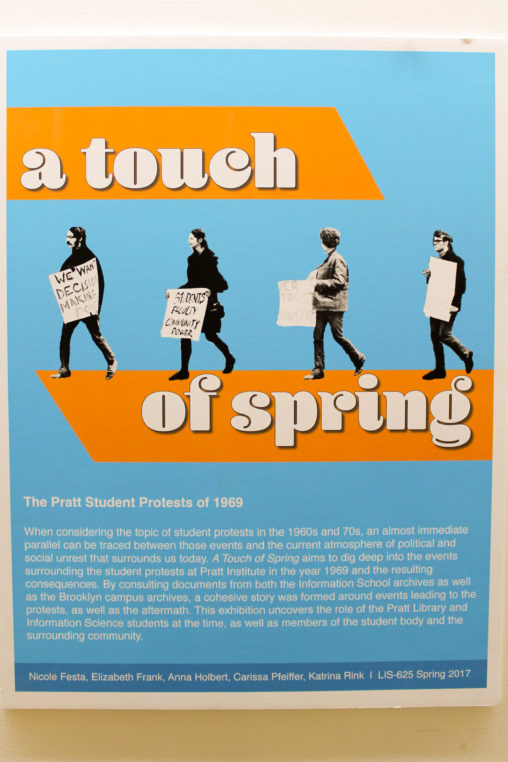
In the spring of 1969, Pratt Institute erupted in protest.
Students, faculty, workers, and members of the community joined together and forced the school to shut down to address issues of civil rights, neighborhood gentrification, and other social and political concerns.
This presentation discusses an exhibition currently on display on the 6th floor that makes use of archival records documenting this turbulent period.
